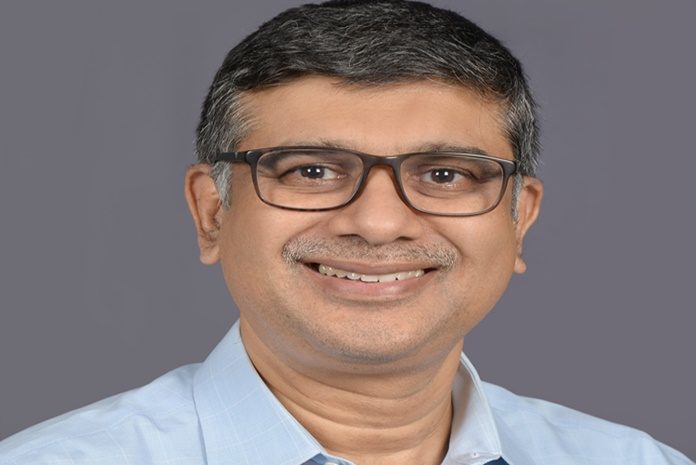Chennai headquartered blockchain solution provider Empirical Data is a subsidiary of trANa Technologies Singapore. Its flagship product, Fusion-Core, is a permissioned blockchain core, which is based on open source framework and comes with several enhancements that the company’s engineers have added. This makes it a unique, feature rich, and enterprise-ready private blockchain core. Combining Fusion-Core with sensors, IoT and machine learning, Empirical Data today helps organisations grow their business, enhance their customer experience and bring the best services and innovative products to the market.
“Besides, we have launched two new solutions built on Fusion-Core, namely, Comet and RedShift. Comet is our private blockchain for the supply chain industry, whereas RedShift is a robust platform for corporates to ensure smooth CSR project execution. RedShift brings a simple, efficient and affordable enterprise solution that helps corporates to focus and execute humanitarian and social projects,” says Karthik Ramarao, Founder & CTO, Empirical Data.
Future of blockchain and its impact on businesses
Blockchain is expected to be as impactful as the internet. It is going to make some fundamental changes to the way we live and conduct business. This technology is paving way for several transformational changes.
“It is an infrastructural solution that brings many new and distinctive features that are not available in any contemporary technology. However, it is only useful if applications and use cases, specifically for businesses and enterprise, get built on the platform that uses these features and functionalities. For example, with RedShift, we are building a fabric of trust for CSR that brings complete visibility, transparent and expeditious execution, a collaborative environment and common workflow that cuts across all the participating organisations. Blockchain is an enabler for this solution. It leverages the new and unique features and functionalities of a blockchain. There is no other such solution in the market currently,” informs Ramarao.
The blockchain trends to watch for in 2019
Blockchain is going to see a good adoption in the enterprise space in 2019. It has the potential to streamline business processes, enable new business models and will help in reshaping almost all the industries.
“Even the governments are looking seriously at blockchain to deliver better citizen services. Interestingly, the Dubai government has put a big bet on blockchain and is trying to ensure that everything is running on blockchain for them,” says Ramarao.
He further points out that blockchain will go beyond finance, “Blockchain technology has come a long way since its inception and is now being adopted by enterprises for day-to-day functions like invoice automation, fraud control, patent tracking, etc. Government, healthcare, entertainment, education and IT industries are all experimenting with the advanced blockchain solutions. Blockchain outside cryptocurrency is going to see major uptake in 2019. But the biggest gap is that blockchain as an infrastructure in an enterprise is difficult to comprehend. Vendors have to wrap it around a solution. So while the potency is there for blockchain in the enterprise space to grow leaps and bound, building innovative and differentiated solutions that can help solve business challenges will be the catalyst for it.”
According to Ramarao, there will be growth of data banks using blockchain. “Blockchain is not going to directly contribute to data banks. Nor is it meant to be a database that has a general purpose such as for OLTP (online transaction processing). Blockchain shines, where one needs multi organization collaboration. It brings features like immutability, tracking provenance, no single point of failures and automation with smart tools to the table,” he comments.
Blockchain in digitisation of government services
Blockchain is going to play a huge role in the government sector due to its immutability, audit and tracking provenance features as well as its ability to collaborate with multiple organisations. “These are inherent features of blockchain. For example, Dubai government is looking at how blockchain can fundamentally be the platform on which a lot of their services can be built. Any government service which is going to be dependent on multiple organisations is perhaps best built on blockchain. Self-sovereign identity and identity management of citizens is an example of such use case,” he says.
The company is further planning to build two more solutions. One for the healthcare sector and another for manufacturing.
“India is where we start. However, our solutions are relevant in many other countries. In 2019, we would expand our sales operations into ASEAN and Australia and by 2020 we aim to scale beyond these regions. We do realise that business and solution partners are key for us to grow and expand and hence look at growing that ecosystem alongside,” concludes Ramarao.














